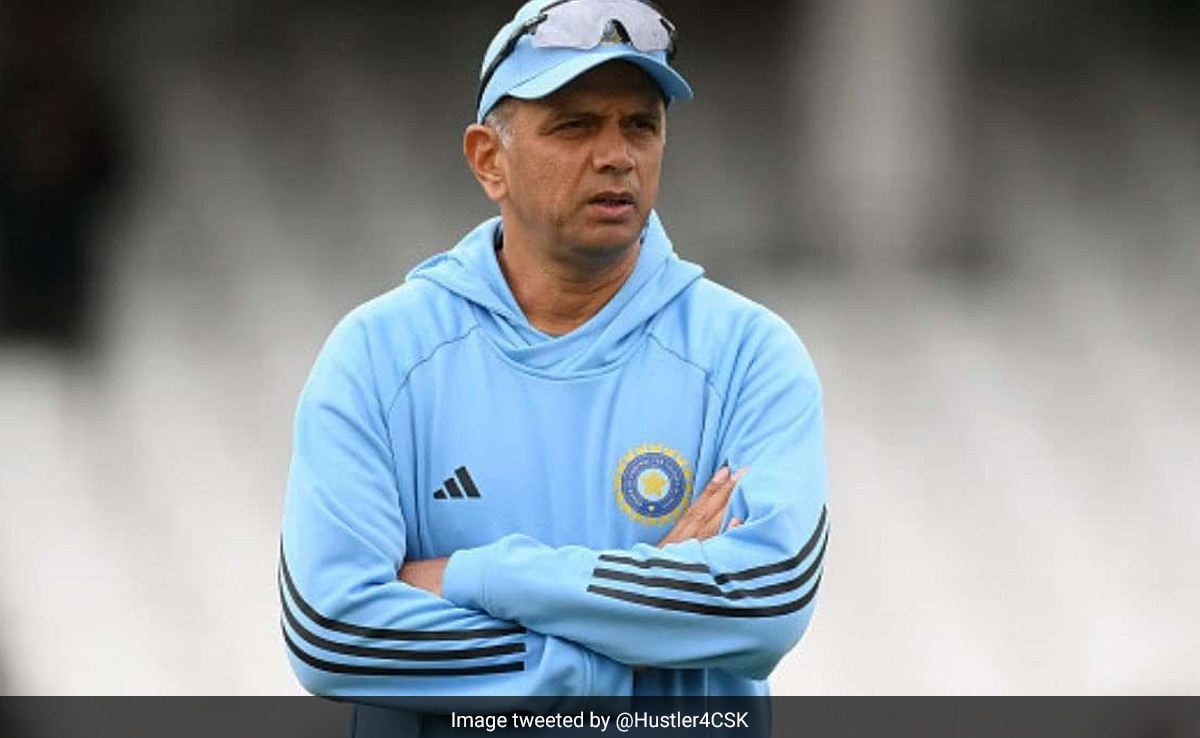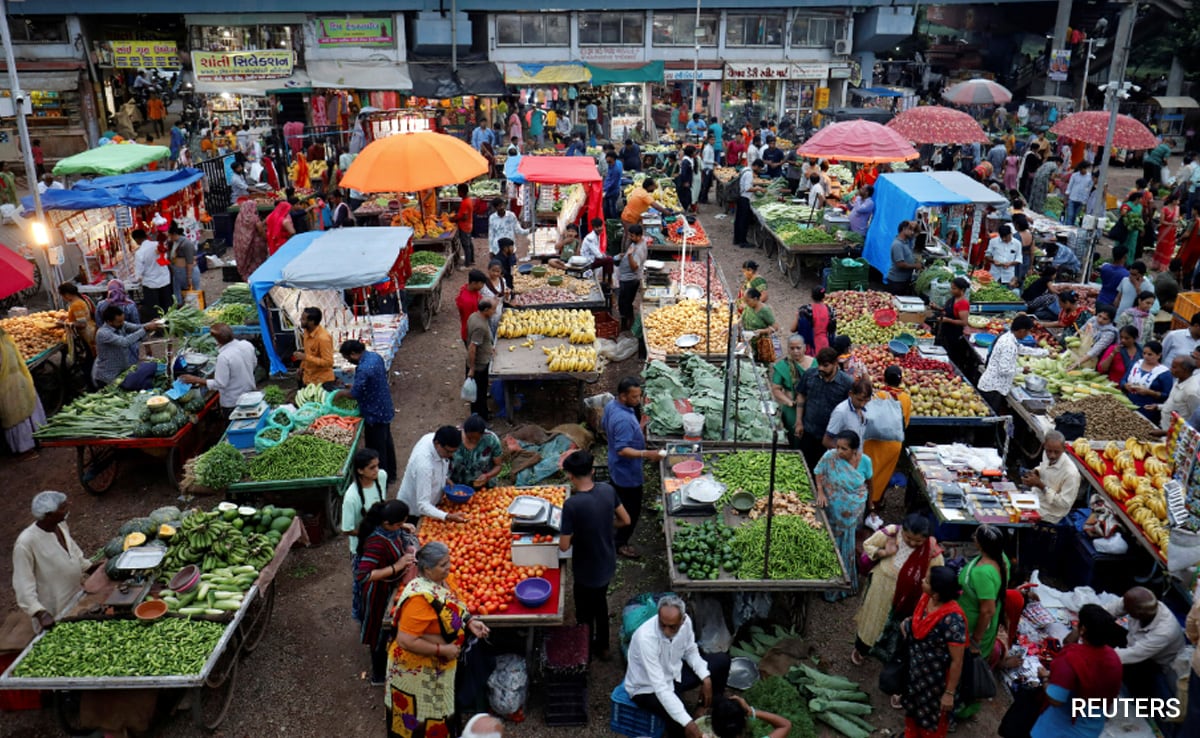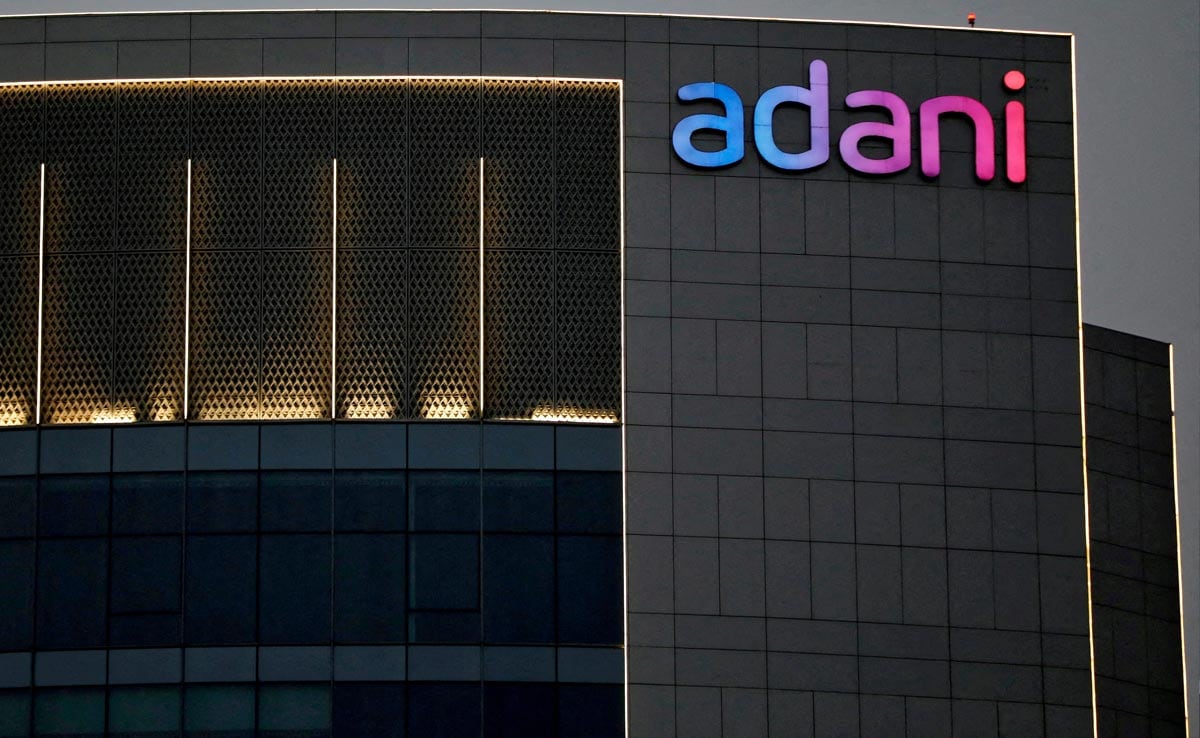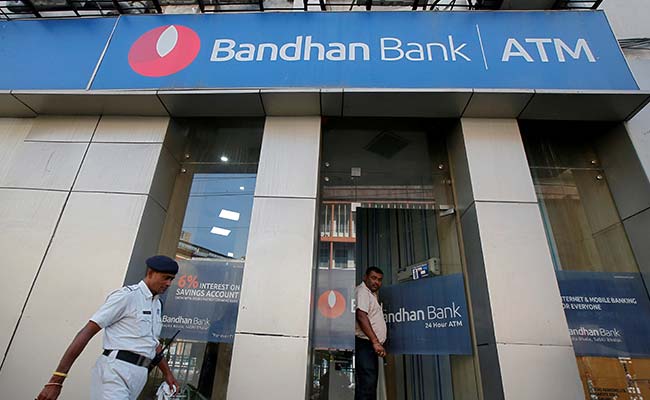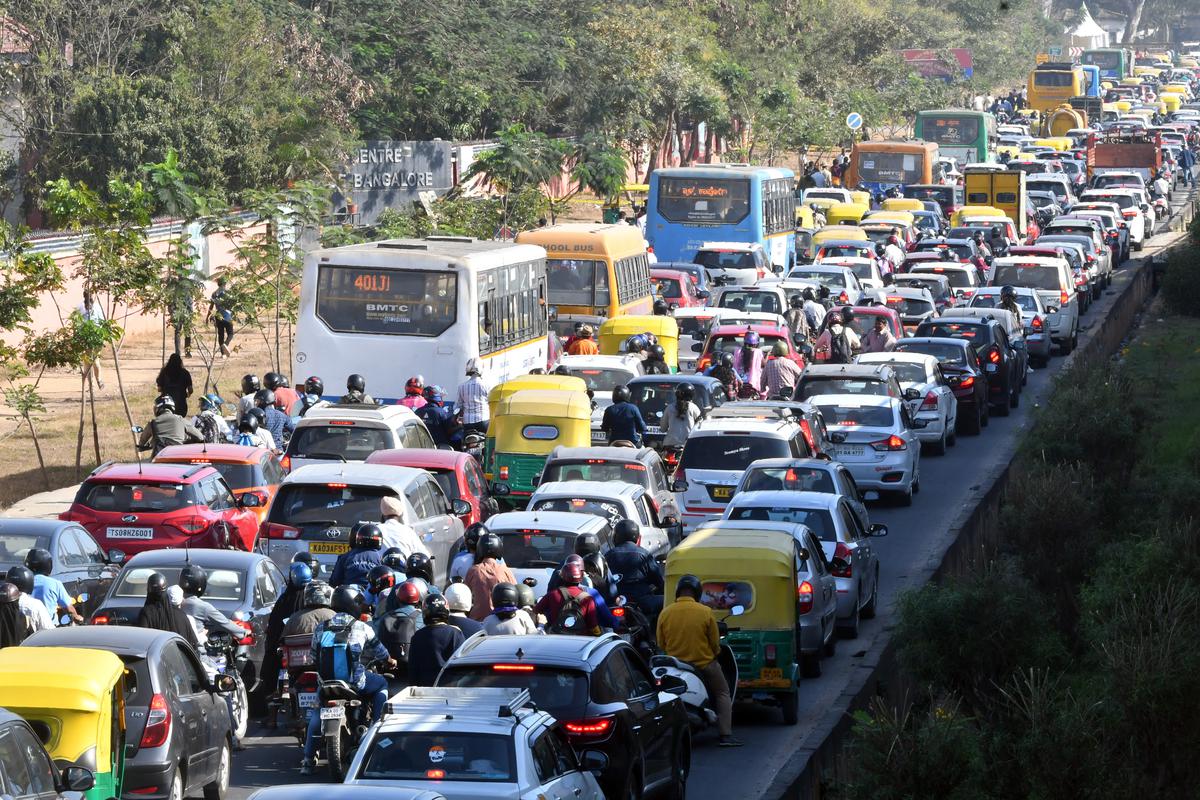File photo: Employees work at the assembly line inside TMB’s mobile phone battery manufacturing plant in Noida, India, October 12, 2018
| Photo Credit: ANUSHREE FADNAVIS
Thirty-two firms have expressed interest in the Ministry of Electronics and Information Technology’s subsidies for local laptop, PC, server and tablet assembly, IT Minister Ashwini Vaishnaw said on Wednesday. The applicants include Dell Inc., the Hewlett-Packard Company, better known as HP, and other firms that work with large brands for assembly.
Under the Production Linked Incentive (PLI) scheme for IT hardware, the Union Government will provide a 5% incentive to brands on fresh local production of these IT products to give firms a reason to tolerate other high costs of producing in India, compared to global assembly hotspots like China and Vietnam. Mr. Vaishnaw argued that even though local assembly was not very high in value addition, it was a starting point for other component production ecosystems to set up shop in India.
The government has been pursuing local production aggressively, to the point of restricting imports of laptops in India, requiring licences for bringing these products in from other countries. While the government insisted that most licences would be issued relatively quickly, it came under fire for a move that was reminiscent of the licence permit raj. The Centre eventually deferred licensing requirements, which were supposed to come into effect immediately, to the beginning of November.
The strategy has its critics. Raghuram Rajan, former governor of the Reserve Bank of India, has been speaking out against the enormous fiscal allocations for smartphone and hardware PLI schemes, arguing that the low job generation and minimal value addition do not justify the tens of thousands of crores of rupees that have been allocated to PLI schemes. Mr. Vaishnaw and IT Minister of State Rajeev Chandrasekhar have responded with the ecosystem expansion defence, additionally arguing that Dr. Rajan was “shadowboxing” and indulging in partisan arguments.
Dr. Rajan argued in an interview with the journalist Karan Thapar on August 11 that small electronics have very low transportation costs, and so manufacturers may not stay in India beyond the PLI period. “This [local electronics assembly] may remain where it is, where you pay for this work they do in India,” Dr. Rajan said, “and then when the subsidies stop, they say well, thank you, it was nice being in India, but you haven’t fixed the disabilities that force you to pay the subsidies.” The IT hardware PLI scheme has an outlay of ₹16,939 crore, and ends in March 2028.

